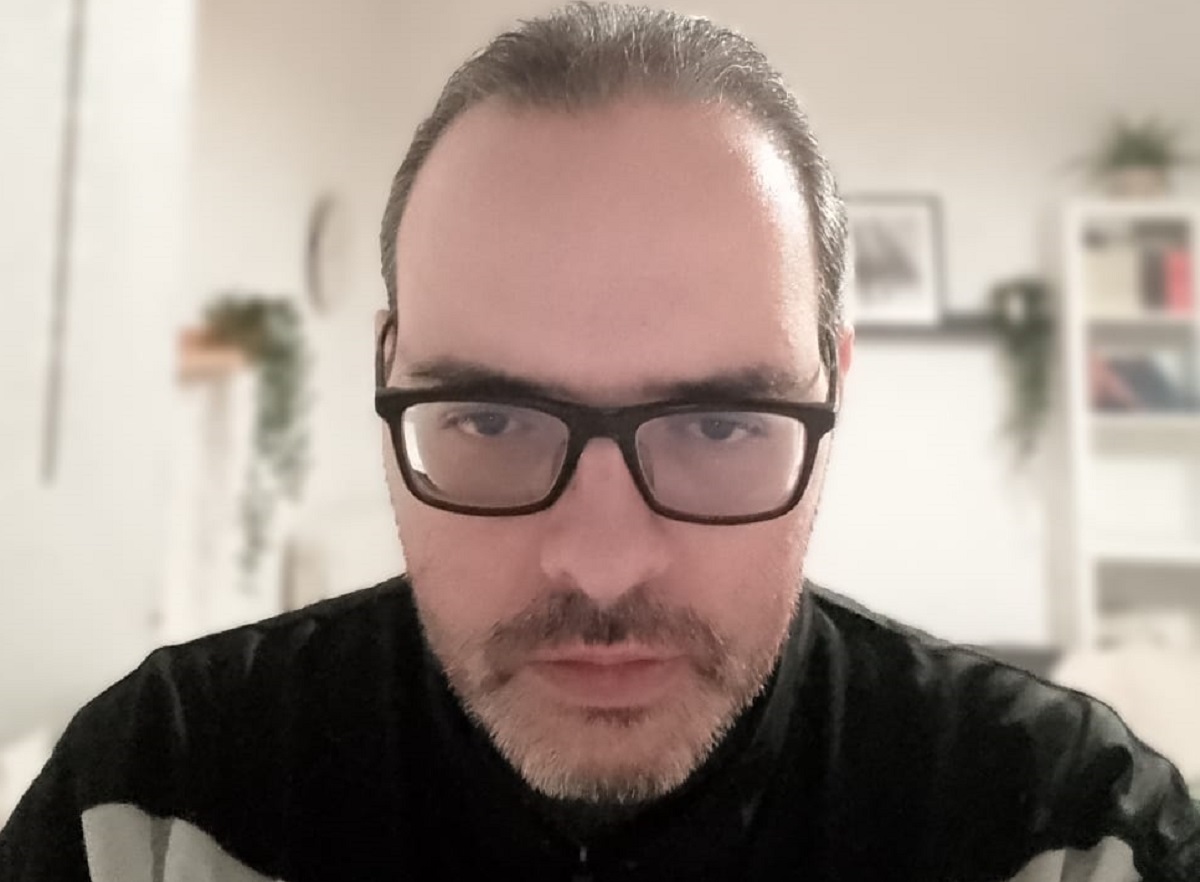Author Self-Interview
Various critics have expressed their opinion on your latest collection of riots. Among them, which one did you find interesting and for what reasons?
The most substantial criticism was expressed by my former anti-master Giorgio Linguaglossa, who captured the hyper-modernism, or rather late-modernism, of my writing. I appreciated the reviews by Spagnuolo and Vaccaro. For now, the remaining Italian critics have not wasted much time. They have a lot to do with their Camorra affairs and I do not bother them.
Do you already have in mind some topic that you would like to discuss in your next verses? If so, can you tell us what it is and why it interests you?
My future verses will be dedicated to the ferocious desecration of the italian Papal State, with its Pope King Maurizio Cucchi and its countless cardinals and curial space-occupiers. I am also interested in attacking the idiocy of Germany and the USA, the false liberal democracies. And to make other artists understand that they must rebel against the dictatorship of the magazine: it is not the magazine that dictates the editorial lines, it is the artist who creates the editorial line of the magazine, and must stop using incompetent cultural mediators like Tamikio Dooley, Roland Lushi or Eva Petropolou. The great artist must be free from the cage of editorial criteria and from the incompetence of useless mediators.
To what extent is what you write autobiographical?
Every form of writing is autobiographical. Poetically, the goal of annihilating the lyrical-self is not feasible (with the risk of ending up in a new hermeticism). We can limit the egopathy of the artist, characteristic of modern aesthetic ontology, by founding movements or work groups or permanent socialist assemblies, with the aim of reviving the lyrical-we of the non-elegiac tradition of poetry.
Artistically speaking, what are the goals you want to achieve?
To be #2. To be able to stick an aesthetic knife in the back of #1.
Given that your riots often contain political, literary, philosophical references, among other things, expressed in an ironic way, through puns and double entendres, don’t you think that understanding them could be difficult? If your answer is yes, how much and in what way does this interest you?
My verses are not mass-consumption verses. They must be understood by 0.00001% of the world’s population. The complexity of my verses does not reach the brain of the common man, where two neurons continue to play tennis. I don’t care about the reader. He doesn’t support me, and i don’t support him.
Who are the anti-poets/poetesses whose works do you recommend reading and why?
Me. Others bore me, they babble about friendship, cooperation, peace, love. I think it’s better to watch an episode of Dr. House or watch a Moana Pozzi movie. With Rocco you don’t get bored, with italian and foreign rohypnol-poetry you fall asleep straight away.
Have you ever received negative criticism that you found constructive?
No. I have never received criticism. Critics know that for every negative review they receive three negative reviews from me. So, knowing my sweet and sensitive character, they avoid any negative criticism, which, in any case, i would pretend to have never heard. I don’t care. The poet Laz bum Serkan Engin called me “the Celt who painted his face blue, prepared his war axe and went down to the battlefield”. Serkan, the next head is yours.
About the Author
Ivan Pozzoni was born in Monza in 1976. He introduced Law and Literature in Italy and has published essays on Italian philosophers and on the ethics and juridical theory of the ancient world. He was the founder and director of the literary magazine Il Guastatore – «neon»-avant-garde notebooks; he was the founder and director of the literary magazine L’Arrivista. He is included in the Atlas of contemporary Italian poets of the University of Bologne and figures à plusieurs reprized in the great international literature review of Gradiva. His verses are translated into 25 languages.












